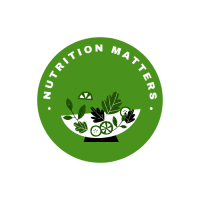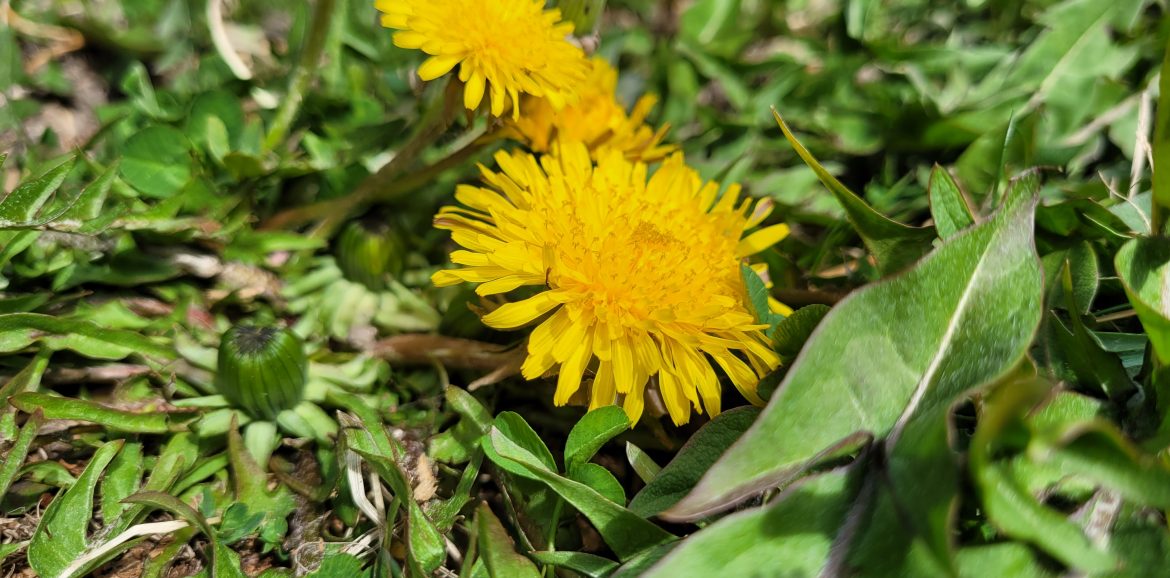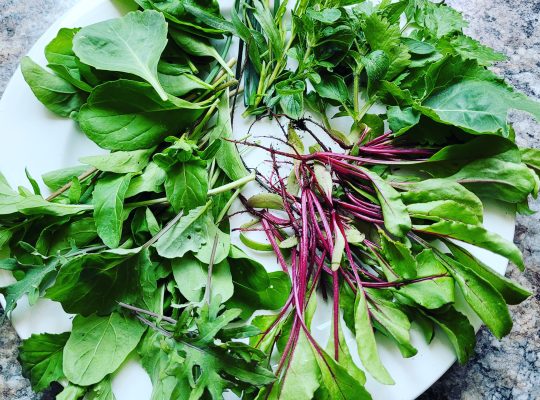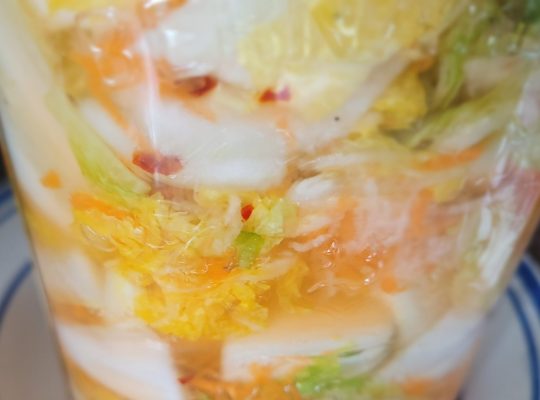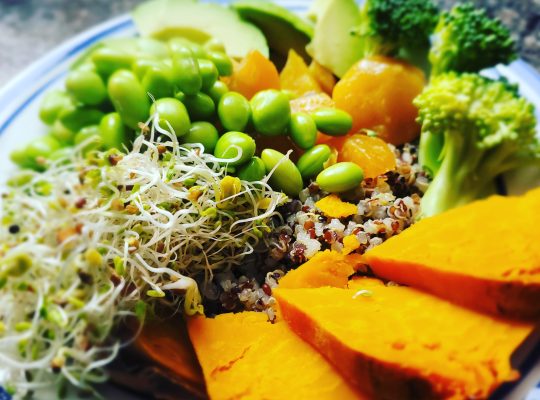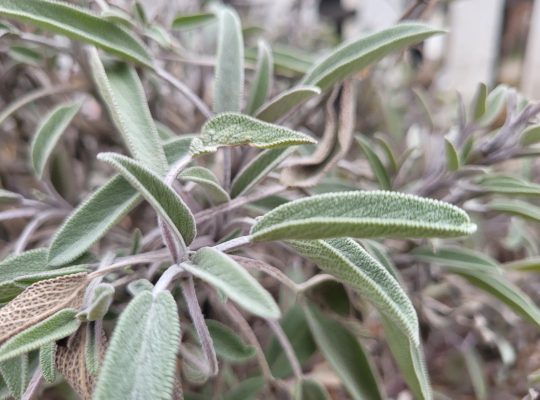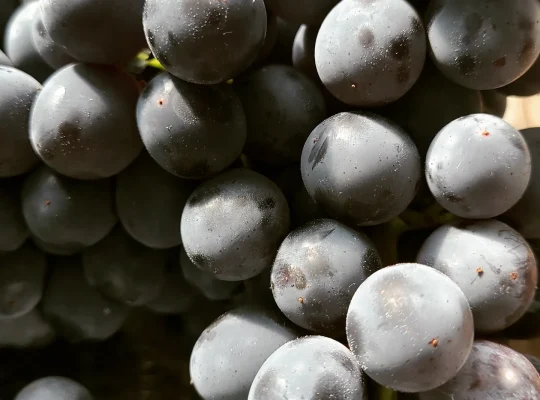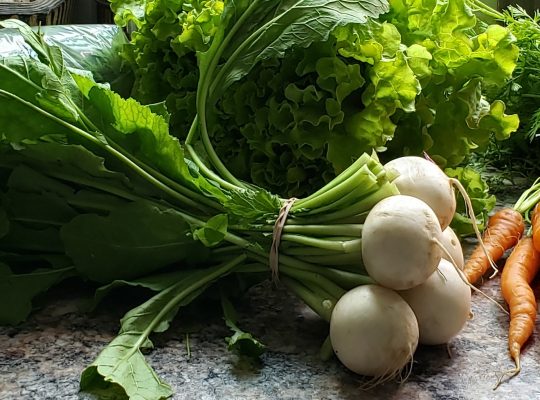A fair warning: the title is not a metaphor or a figure of speech. I mean it: Eat dandelions.
Here’s the thing: most people think of dandelion as a weed and continue to wage war against it every chance they get. Which of course, makes weed killers a hot sale items this time of the year and beyond too.
Some of the chemicals many people spray on their lawns to kill dandelions and other plants are either known carcinogens and/or endocrine disruptors or have not been properly tested for long-term health and environmental effects, so needless to say, it’s better to avoid them.
However, if a tidy lawn is your thing*, do it in a better way for you and for your kids or pets and for all the wild critters that visit or play on your lawn. By taking the dandelions out and use them to make food or tea.
*Note: Please remember that what we consider tidy and perfect for lawns becomes a desert for pollinators. They need pollen and that comes from wild flowers such as dandelions.
It’s not a weed
There’s a quote I love and it applies to dandelions and our relationship with them:
‘The difference between a flower and a weed is a judgment.’ (Anonymous)
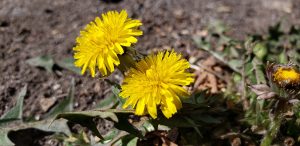 It applies in the garden, and it applies in life too. I love dandelions and I love seeing their yellow faces peeking out from between new grass in early spring. They add sunniness to the yard at a time when it’s still chilly out. Plus, they are amazing for health: they have antioxidant properties and are likely beneficial for lowering the risk of obesity, cancer, and cardiovascular disease.
It applies in the garden, and it applies in life too. I love dandelions and I love seeing their yellow faces peeking out from between new grass in early spring. They add sunniness to the yard at a time when it’s still chilly out. Plus, they are amazing for health: they have antioxidant properties and are likely beneficial for lowering the risk of obesity, cancer, and cardiovascular disease.
The humble dandelion is a rich source of minerals (calcium, magnesium, manganese, copper and zinc), vitamins (A, C, D, E, B), proteins and fibre. And a rich source of beta-carotene too!
Dandelions are entirely edible
Leaves are a great addition to green salads. They are a tad bitter, but I dare say it is a pleasant bitter taste (yes, there is such a thing!). In fact, the compounds that are responsible for the bitter taste have anti-inflammatory and anticancer properties.
They are also a good source of fibre for your gut bacteria, particularly inulin, which is a complex carbohydrate which we cannot digest but our gut bacteria love. When we feed them that kind of fibre, they return the favour by releasing anti-inflammatory metabolites or by-products (such as short-chain fatty acids or SCFAs) which help decrease inflammation, and they serve as food for cells in your colon.
And more benefits yet:
- They stimulate bile release, which is needed for the breakdown of fats.
- They are diuretic and a good source of potassium.
- Also, they can be useful for gastrointestinal disorders, according to a recent review.
Then comes the root
… which you can dig out easily, ideally in the fall. Wash, dry and cut into small pieces, and use as needed. So, there’s the friendly weed-control measure for you, that comes with multiple benefits:
- Spending time outside
- Stirring some soil which adds bacteria to your microbiome (dirt is good for you, remember?)
- The lawn will look as clean as you want it to be
- The obvious: you get some chemical-free dandelion roots to benefit your health!
As for some of the good things dandelion root can do for you, here they are:
- Just like the leaves, the root contains prebiotics (food for our gut bacteria) such as inulin.
- Some of the compounds are promoting liver health (hence the dandelions being used for detoxification purposes).
- Help with balancing blood glucose levels, hence good for reducing the risk of insulin resistance and diabetes.
- Anti-inflammatory and antioxidant properties, and good for the immune system.
- It can reduce the risk of cardiovascular disease through its cholesterol-lowering effects.
The how-to part
Have you ever had dandelion ‘coffee’? Of course, it is not really coffee, but the taste comes close enough. It’s in fact roasted dandelion root that has been boiled in water. It’s a bit more earthy and with all the impressive benefits listed above.
Leaves and flowers can be used in salads. Some people love dandelion fritters (flowers dipped in batter and then fried) and dandelion syrup, but I am somewhat less inclined to use either because I am not a big fan of fried or high-sugar foods.
You can also use extracts of leaves and roots, which you will find at your local health food store or through your local herbalist.
References
